
Say Goodbye to Fillings Soon? Scientists Just Grew Real Human Teeth In a Lab That Could Replace Fillings Forever
It sounds like a plot from a futuristic sci-fi movie or one of those too-good-to-be-true miracle cure stories. But now, thanks to groundbreaking research in London and Japan, it’s edging closer to reality. For decades, dentistry has been stuck in a cycle of patching, drilling, and replacing - workarounds that fix damage temporarily but never truly restore what was lost. Beneath our gums, however, lies something extraordinary: a dormant biological blueprint, possibly a “third set” of teeth, waiting for the right signal to wake up.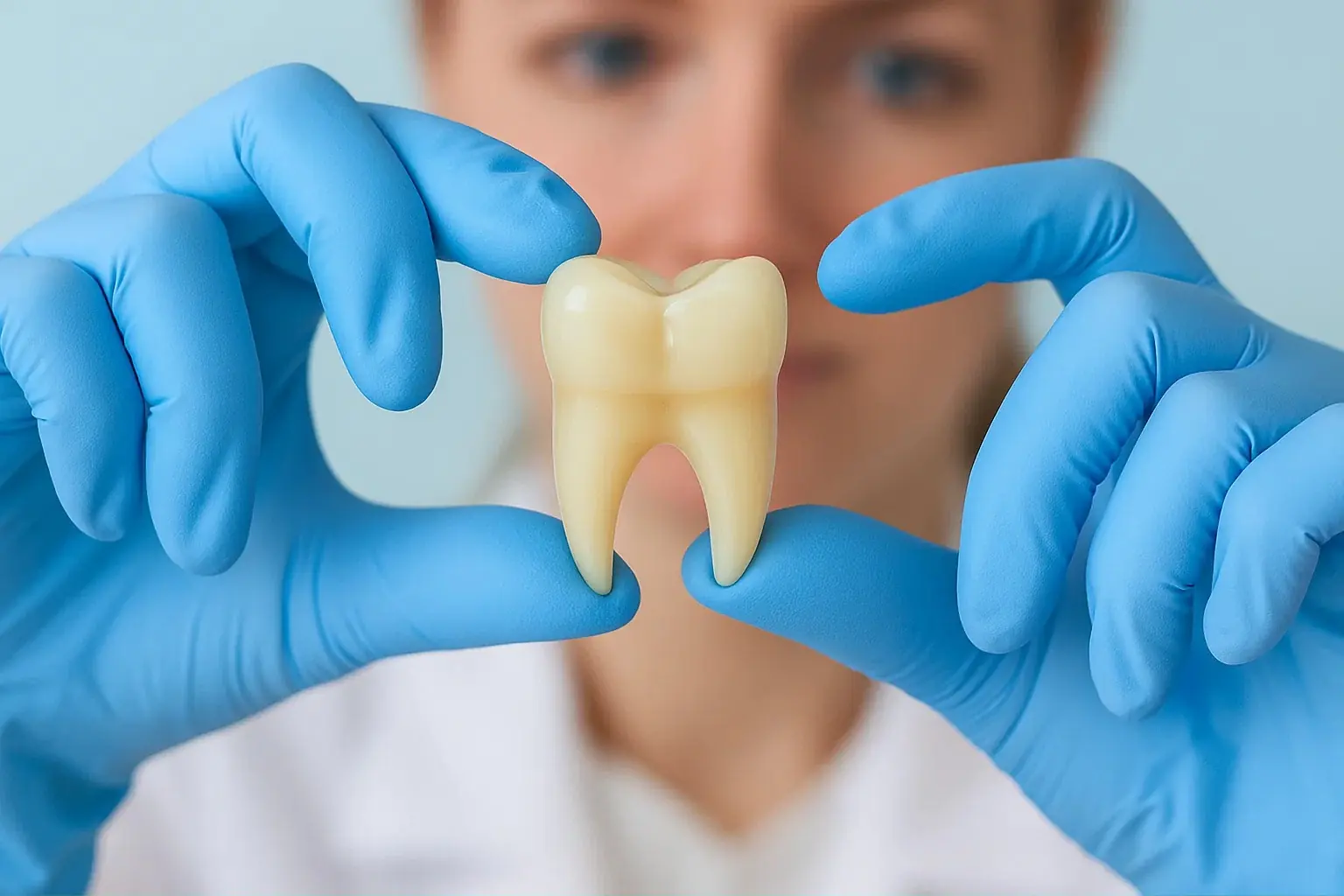
And now, for the first time, scientists are learning how to give that signal. In high-tech labs, researchers have grown real human teeth from living cells, and even developed a medication that could coax the body to regrow its own teeth naturally - the way sharks, elephants, and certain reptiles do. This is not just a dental upgrade; it’s a glimpse into a biological renaissance where medicine moves beyond repair into regeneration.
The Problem With Today’s Dental Fixes
When we lose a tooth today, we don’t really restore it - we replace it. And that’s a critical difference.
Dental fillings, crowns, bridges, implants, and dentures have restored millions of smiles, but they are still mechanical stand-ins for the real thing. Fillings patch holes but weaken the tooth structure over time. Implants may last longer, but they involve invasive surgery, potential infection, and the constant risk of rejection. Dentures, though functional, can slip, cause discomfort, and need frequent adjustments.
For children with congenital conditions like anodontia - where adult teeth never form - the situation is even more challenging. Implants aren’t ideal for growing jaws, meaning young patients often depend on prosthetics that need constant replacement. On top of this, there’s the emotional impact: tooth loss can damage self-esteem, affect social life, and even influence professional opportunities.
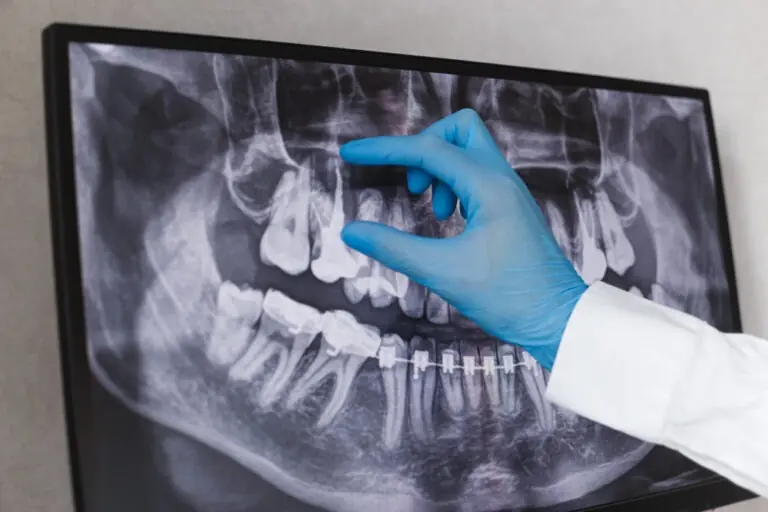
The Breakthrough: Growing Real Human Teeth in a Lab
Researchers at King’s College London, working with Imperial College, have developed a pioneering method to bioengineer real human teeth using living cells. By mimicking the natural conditions of early tooth development - using a specially designed scaffold material - they’ve been able to get cells to “talk” to each other, step-by-step, until they begin forming real enamel, dentin, and pulp.
Dr. Ana Angelova-Volponi describes the discovery as “revolutionary” because it goes beyond filling gaps - it’s about restoring something living, something truly yours.
Meanwhile in Japan, Dr. Katsu Takahashi’s team is taking a different approach: developing a drug that blocks the protein USAG-1, which suppresses extra tooth growth. In animal trials, this has led to mice and ferrets growing entirely new teeth where none existed before. Human clinical trials are already in motion, with hopes for public availability by 2030.
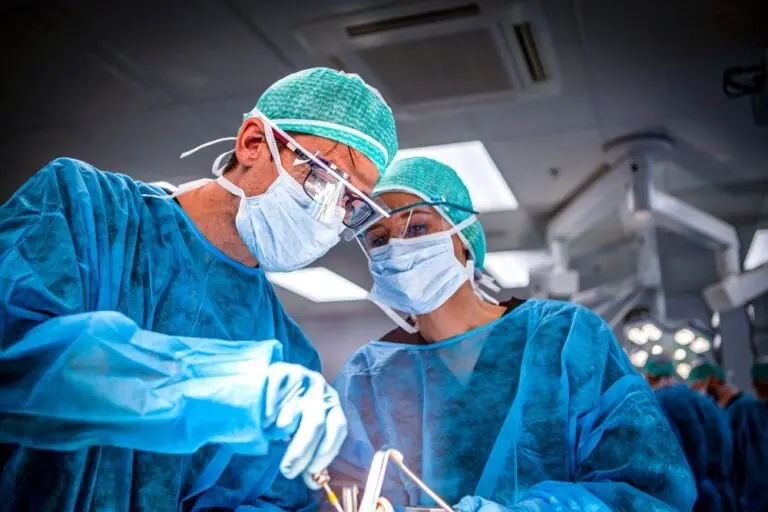
Why This Matters
Imagine a world where a child born without adult teeth can grow them naturally, or where an older adult can replace lost teeth without implants or dentures. This isn’t cosmetic dentistry - it’s biological restoration.
The implications extend beyond the mouth. Tooth regrowth proves we can “reboot” lost human functions, opening the door to future regeneration of other body parts: heart tissue after heart attacks, cartilage for worn joints, even retinal cells for restoring vision.
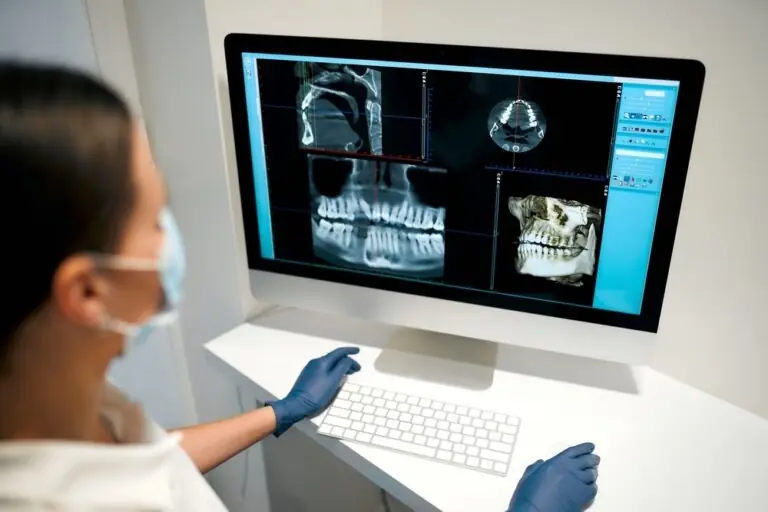
The Road Ahead
Challenges remain. Scientists must ensure safety, control growth precisely, and gain regulatory approval worldwide. Delivery methods - whether implanting lab-grown tooth “buds” or using targeted medication - must be perfected. But the direction is clear: we’re moving from mechanical repair to biological rebirth.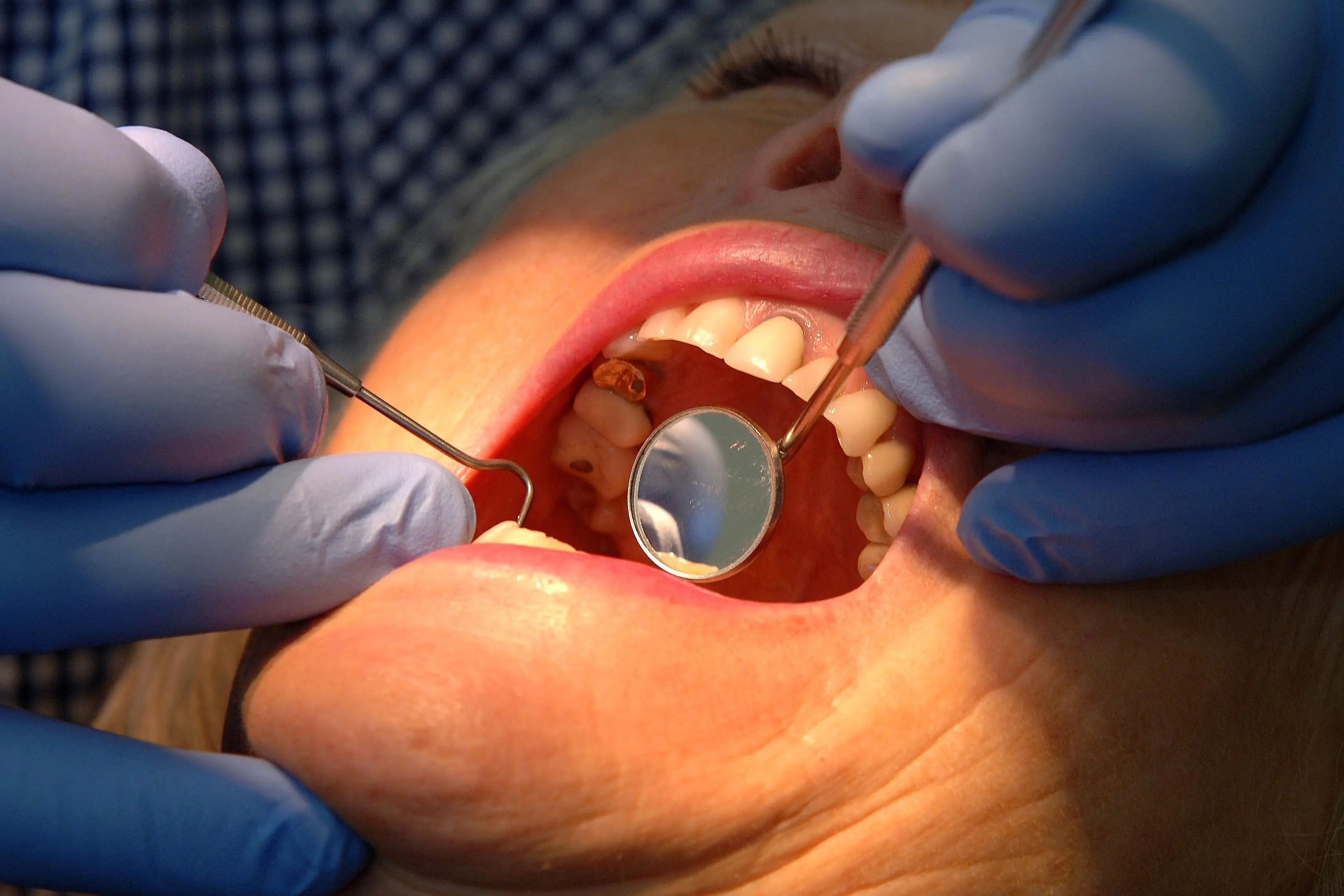
This quiet revolution in regenerative medicine is teaching us to read - and rewrite - the body’s original instruction manual. And in doing so, we may not just save smiles, but redefine what it means to heal.
News in the same category

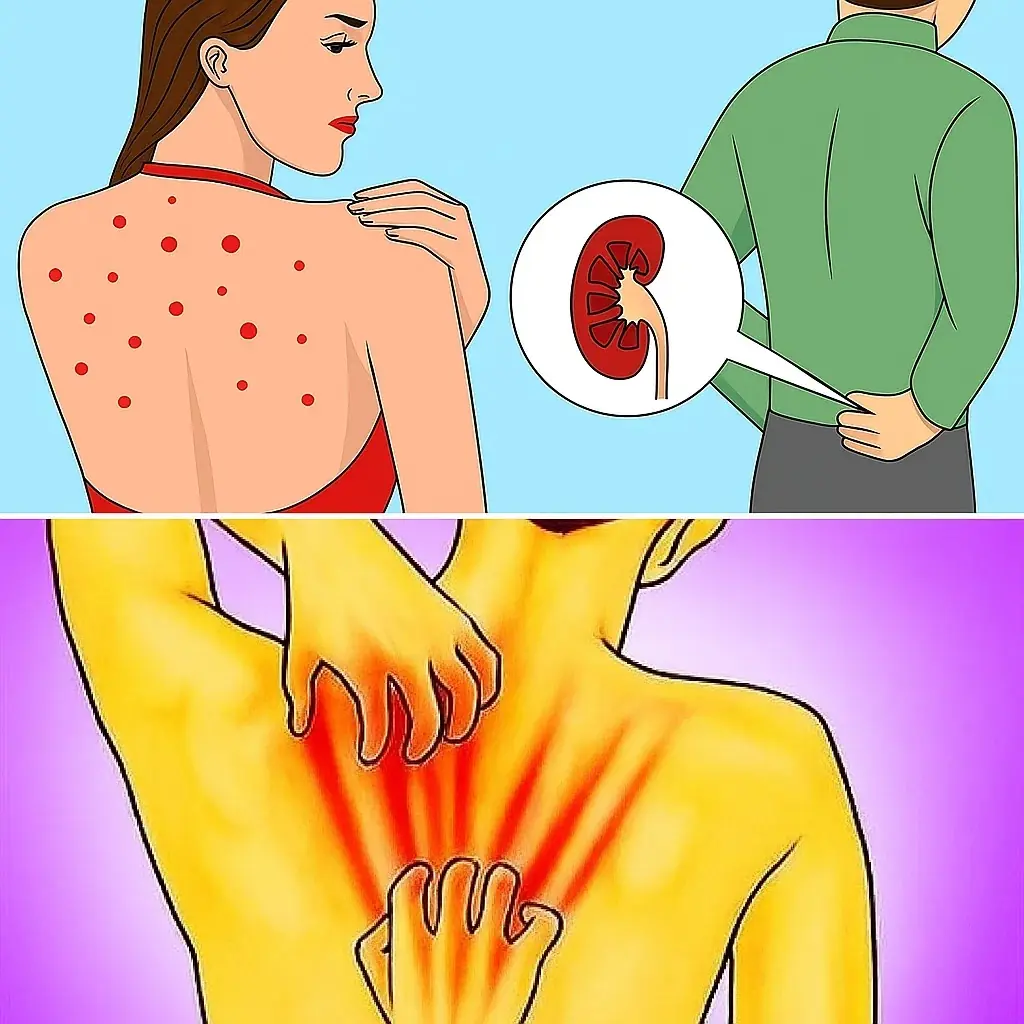
10 Warning Signs Your Kidneys May Be in Serious Danger
Your kidneys quietly work around the clock to keep your body in balance, but when they start to fail, the symptoms can be subtle and easily overlooked. Spotting these early warning signs could save your health—and even your life.

What You See First In This Weird Optical Illusion Reveals What Kind Of Lover You Are
Optical illusions can do more than just play tricks on your mind — they can reveal hidden aspects of your personality, including how you express love. In this unique test, the first image you notice will uncover your deepest romantic traits and the way
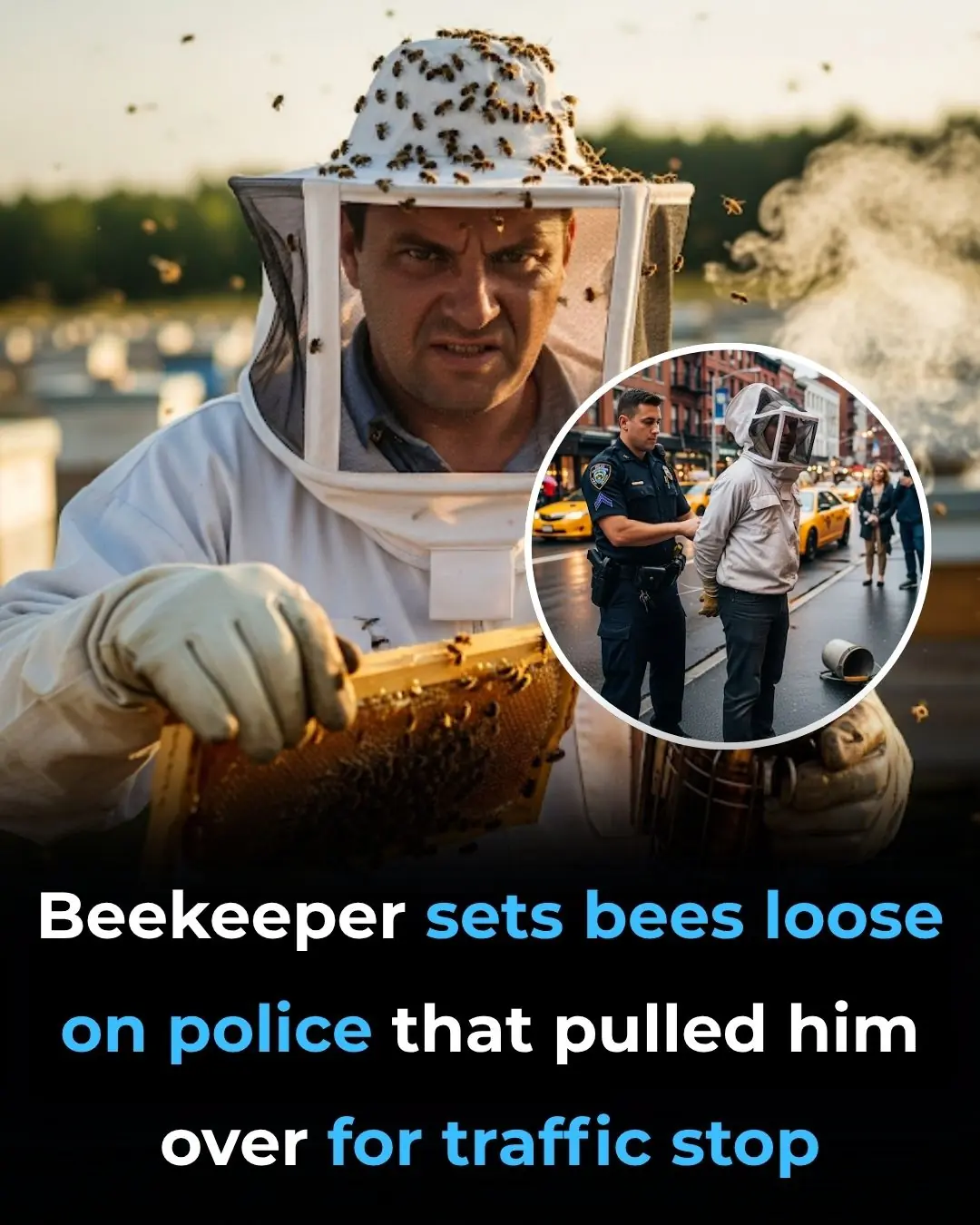
Beekeeper Sets Bees Loose on Police That Pulled Him Over for Traffic Stop

The ‘World’s D3adliest Food’ K!lls 200 People Annually — Yet 500 Million Still Can’t Resist It
Every year, this claims over 200 lives worldwide, yet nearly half a billion people still rely on it as a daily food source. Experts warn that without proper preparation, this staple crop can turn d:eadly due to its natural cyanide content.

The Hidden Meaning Behind Women's Leg-crossing — It’s More Than Just Comfort
The Hidden Meaning Behind Leg-Crossing — Body Language Secrets, Health Risks, and What It Really Says About You.
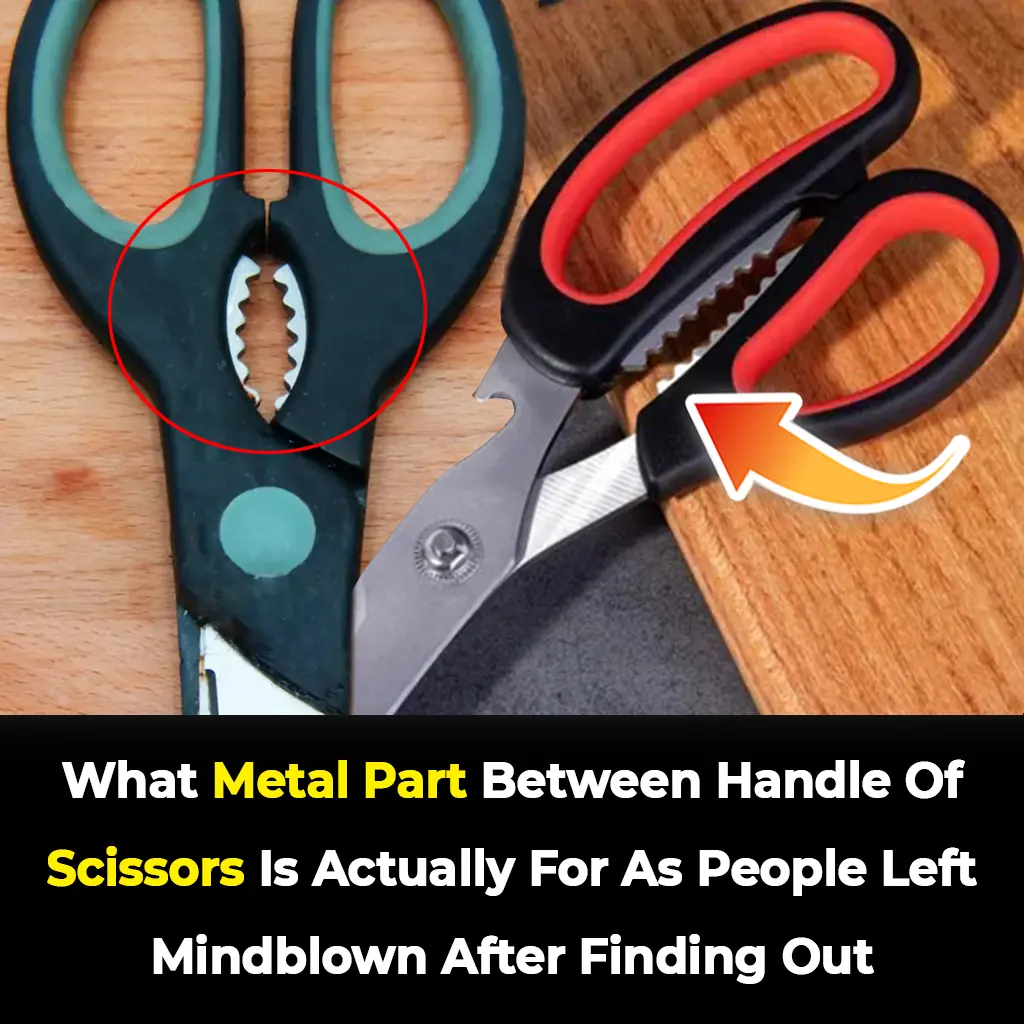
The Secret Behind the Small Metal Bump on Scissors Everyone Missed
People Are Stunned To Discover The Real Purpose of the Small Metal Bump Between Scissor Handles — And It’s More Useful Than You Think.
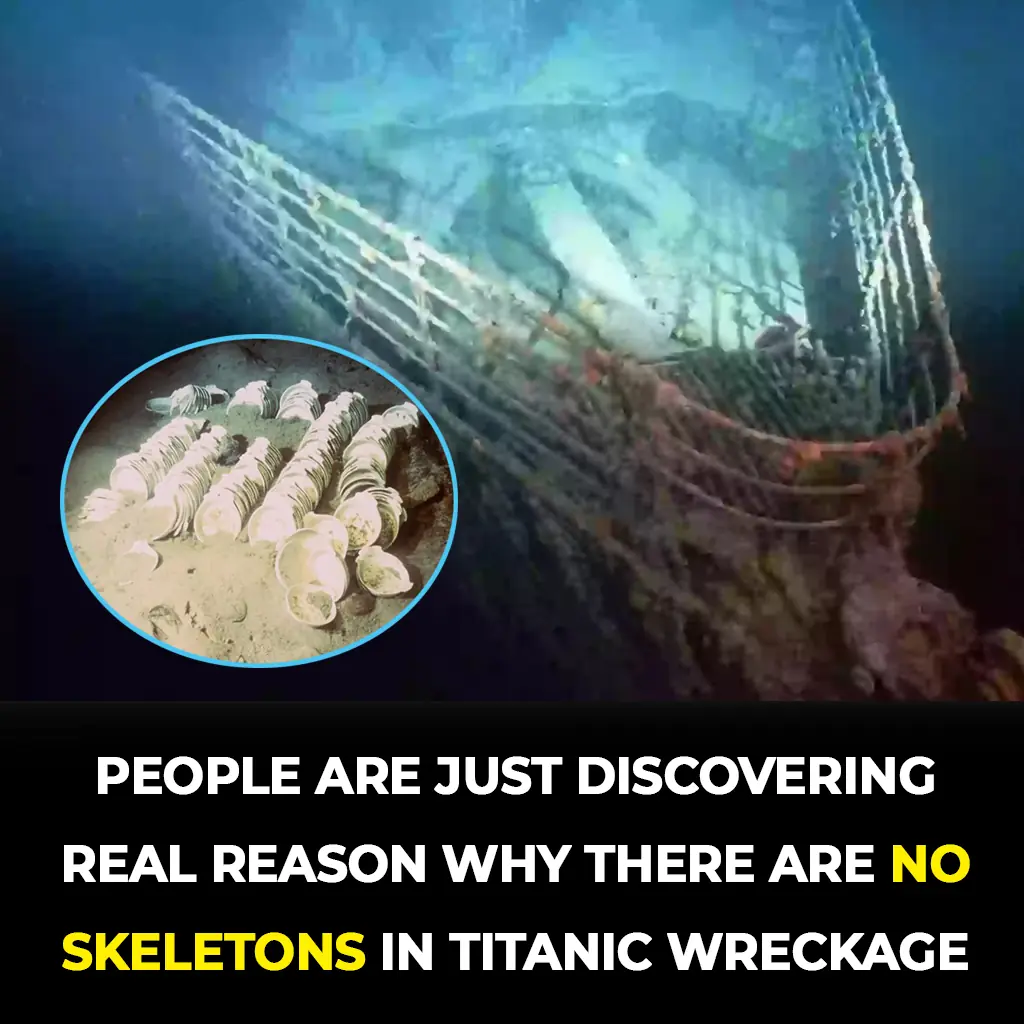
The Chilling Truth About Why No Human Remains Were Found in the Titanic Wreck
More than 110 years after the Titanic sank, scientists have revealed the chilling reason no human remains were ever found in its wreckage. Resting 12,000 feet below the Atlantic, the site tells a silent story of how nature claimed the victims in its own w

9 Chilling Stories of Third Man Syndrome: When an Unseen Presence Aided Survival in Disasters

I Was Shamed for Being a Single Mom at My Sister’s Baby Shower — Then My 9-Year-Old Son Silenced the Room with a Letter

9-Year-Old Boy Whispered “Daddy, I’m so tired!” and Didn’t Wake Up Again

What Is the Shark Fin on Cars?
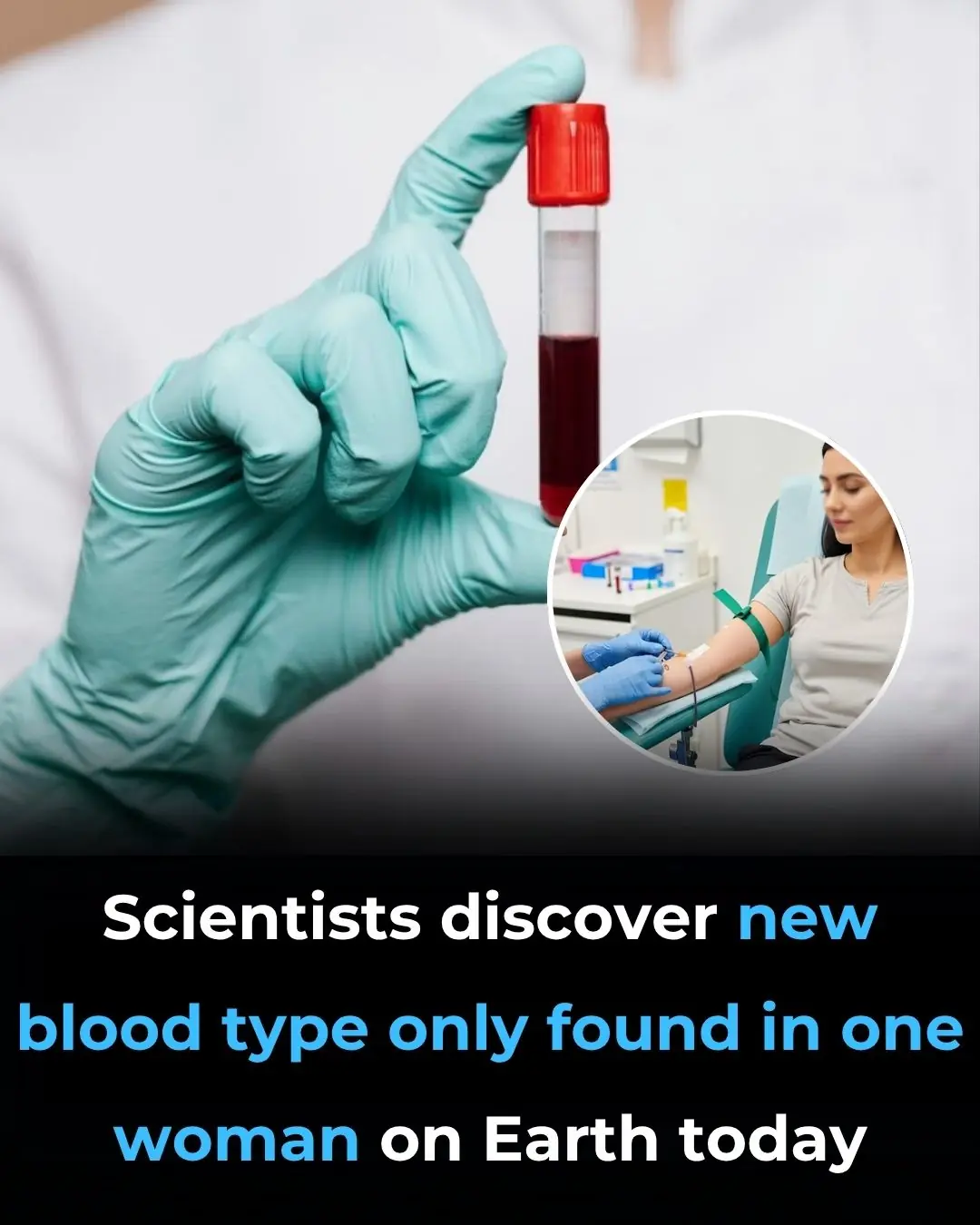
Scientists Discover New Blood Type Only Found In One Woman On Earth Today

Extreme levels of damage has been discovered on trees near cell phone towers
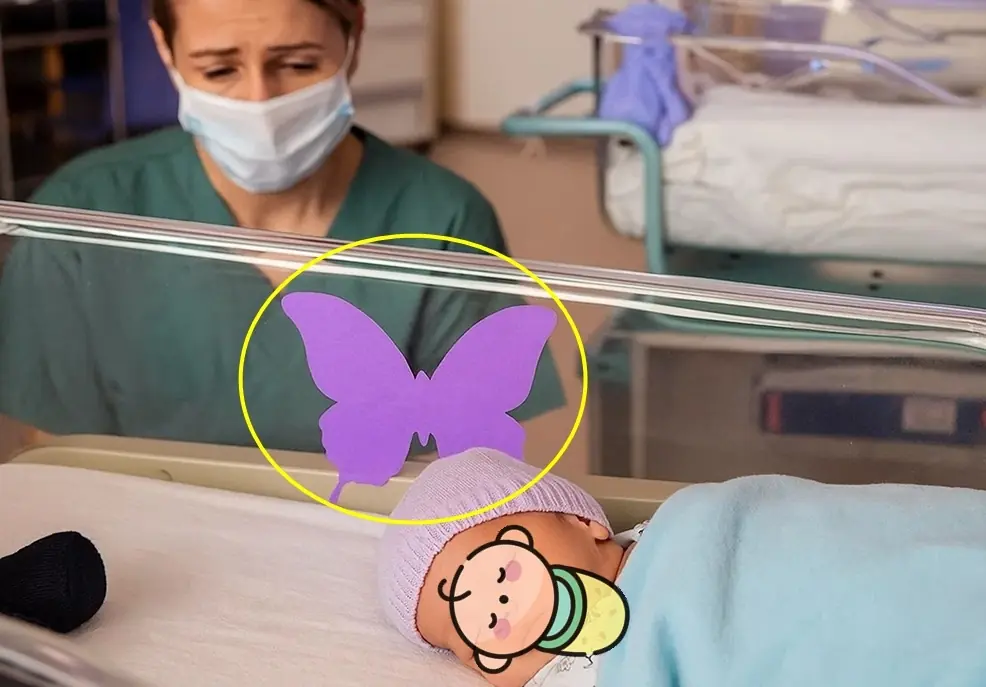
If You Notice a Purple Butterfly Sticker by a Newborn’s Bed—Here’s the Silent Tragedy Behind It
It's not just a decorative element. It's a symbol.

If You See A Woman Wearing A Wedding Ring On Her Pinky Finger Here’s What It Means
If you see a woman wearing a wedding ring or statement ring on her pinky, know that there’s likely a story behind it.

Here Are 5 Reasons Why Some Men Prefer Slim Women
Slimness might be appealing to some men for reasons ranging from health to aesthetics, but personality, kindness, intelligence, and emotional compatibility often matter far more in the long run.
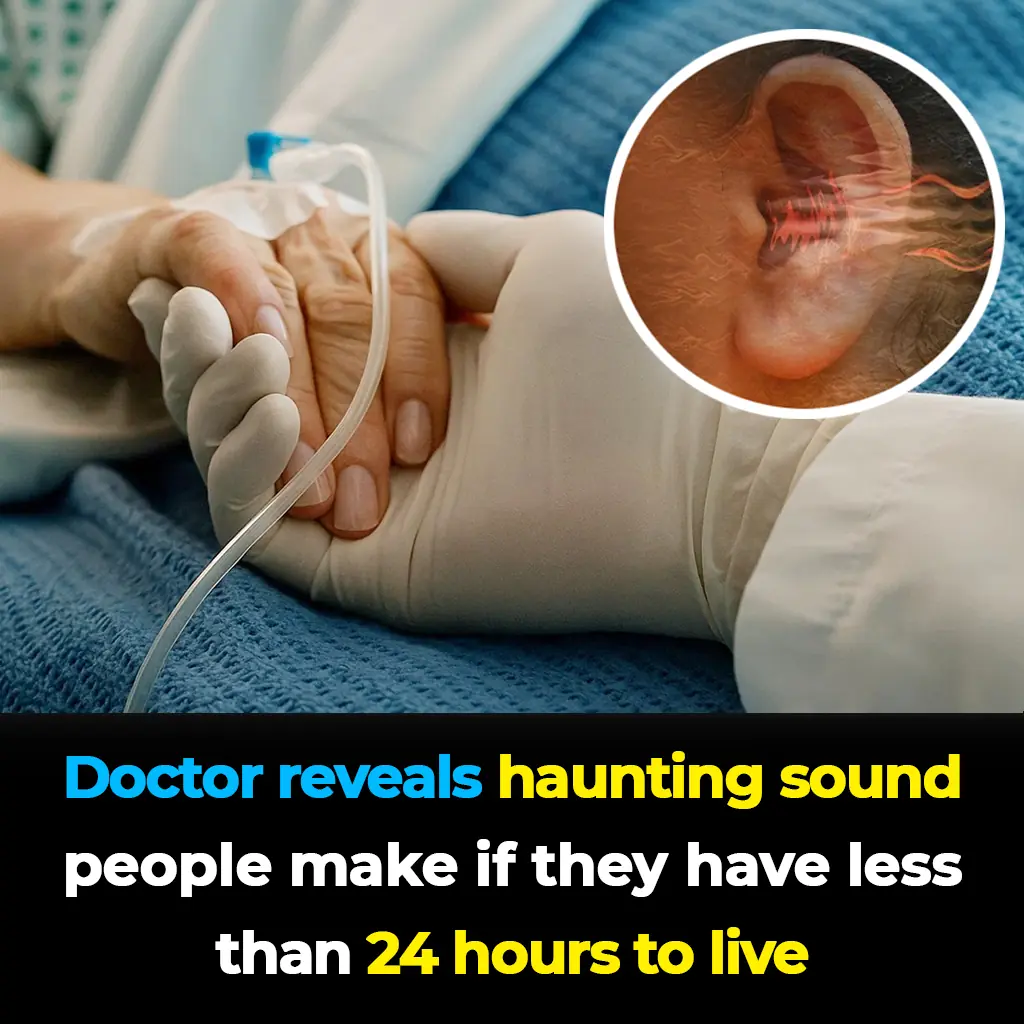
Doctors Explain The Chilling Sound A Person Makes That Means They Have Less Than 24 Hours To Live
Understanding what the sound signifies — and knowing that the individual is not suffering — can provide comfort in an otherwise heartbreaking moment.
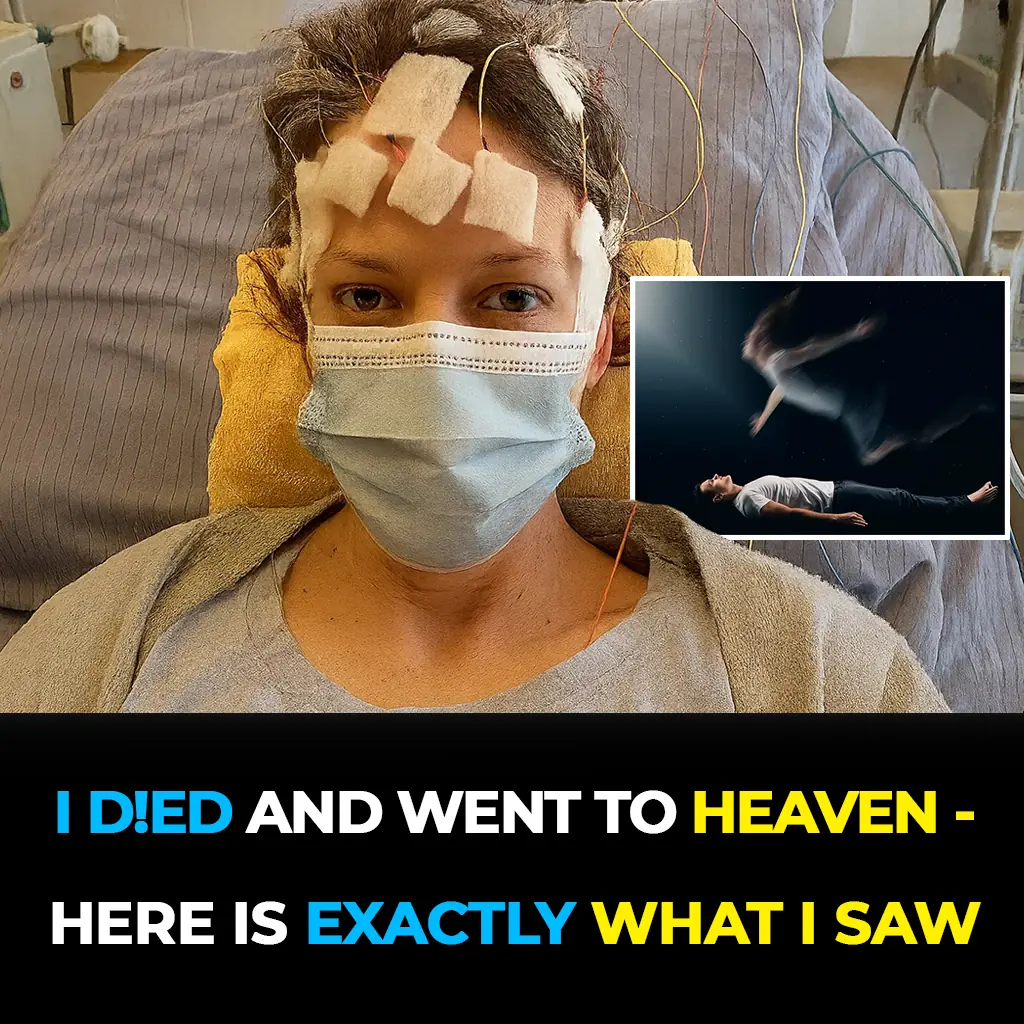
“I Di3d for 6 Minutes and Saw the Afterlife — What I Witnessed Still Haunts Me”
A guy has described the eerie sights he says he seen in paradise after he ‘died’ for six minutes as a child.
News Post
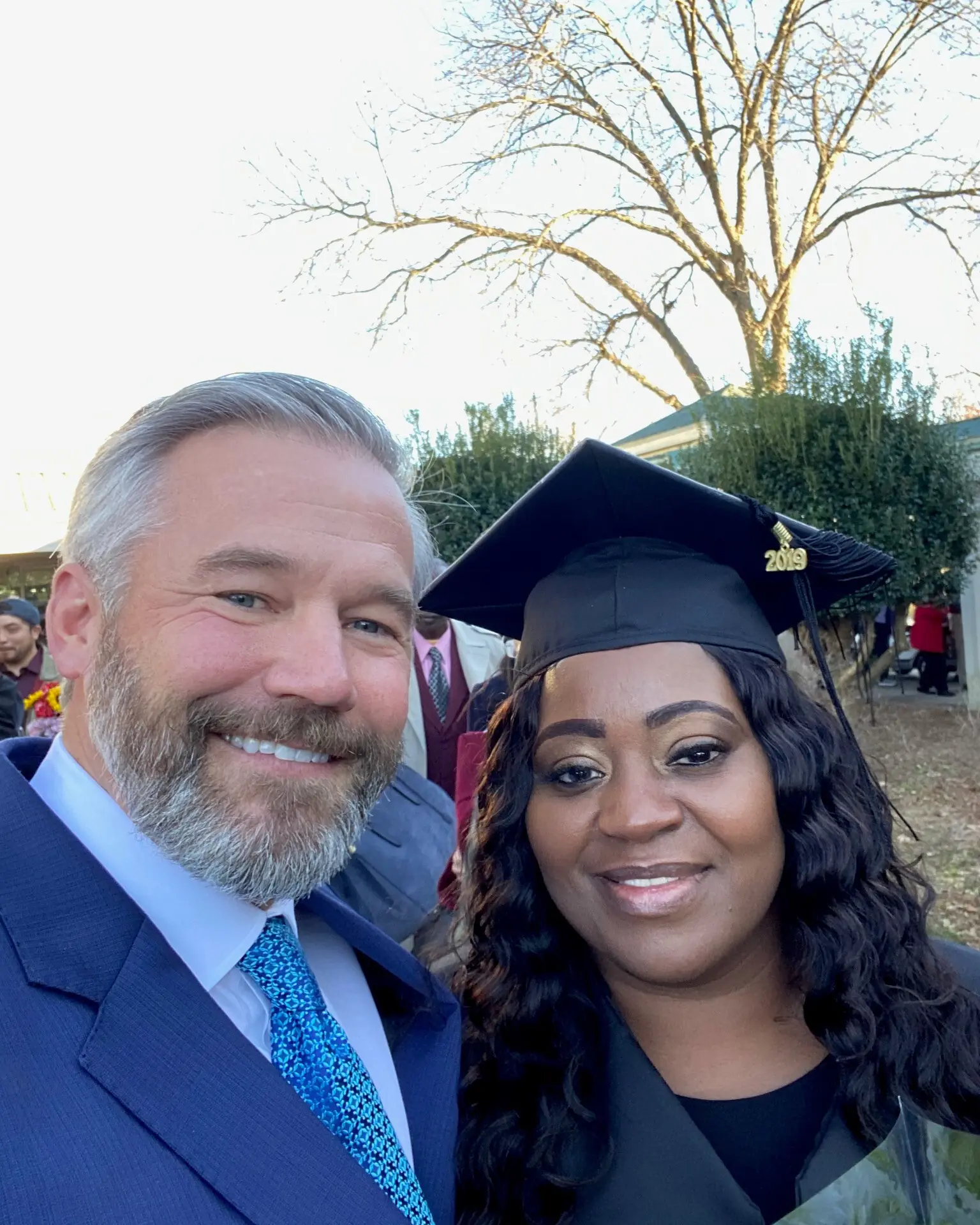
A Late-Night Uber Ride That Changed a Life.

The Only Thing My Late Dad Left Me Was a Rusty Key, and I Thought It Was a Joke Until My Cousin Offered Me $10,000 for It – Story of the Day

You Should Never Ignore These 9 Things Your Fingernails Reveal About Your Health
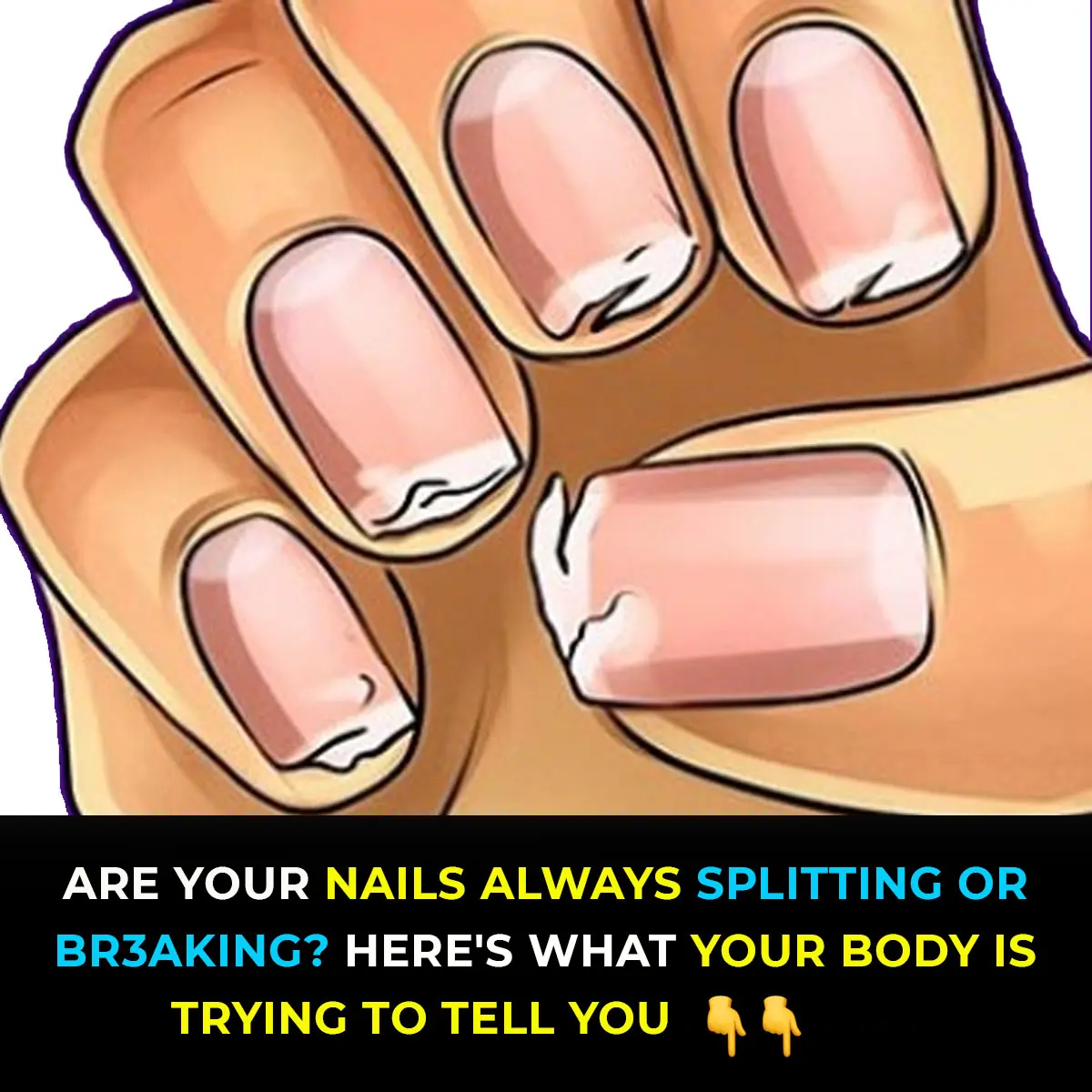
Scientists Warn Foot-Long “Demonic Flesh-Eating” Worms Are Invading The U.S.—Here’s What To Do

Officials Warn Tourists As Giant Toxic Jellyfish Washes Ashore At Popular Beach
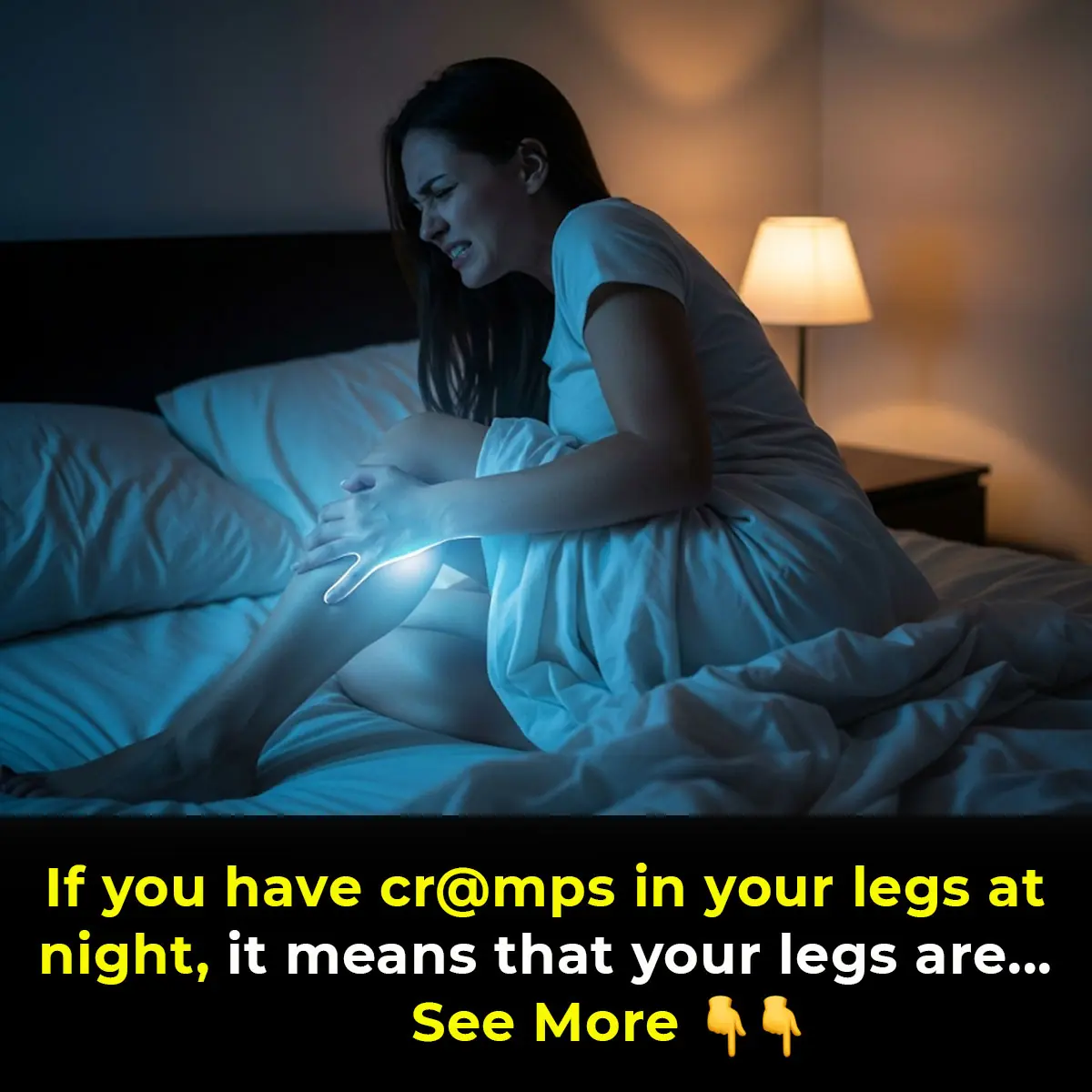
When Nighttime Leg Cramps Become a Concern

One Month Before A Heart Attack, Your Body Will Warn You Of These 7 Signs

Coca‑Cola Fires Back After Trump Claims He Switched The Coke Recipe
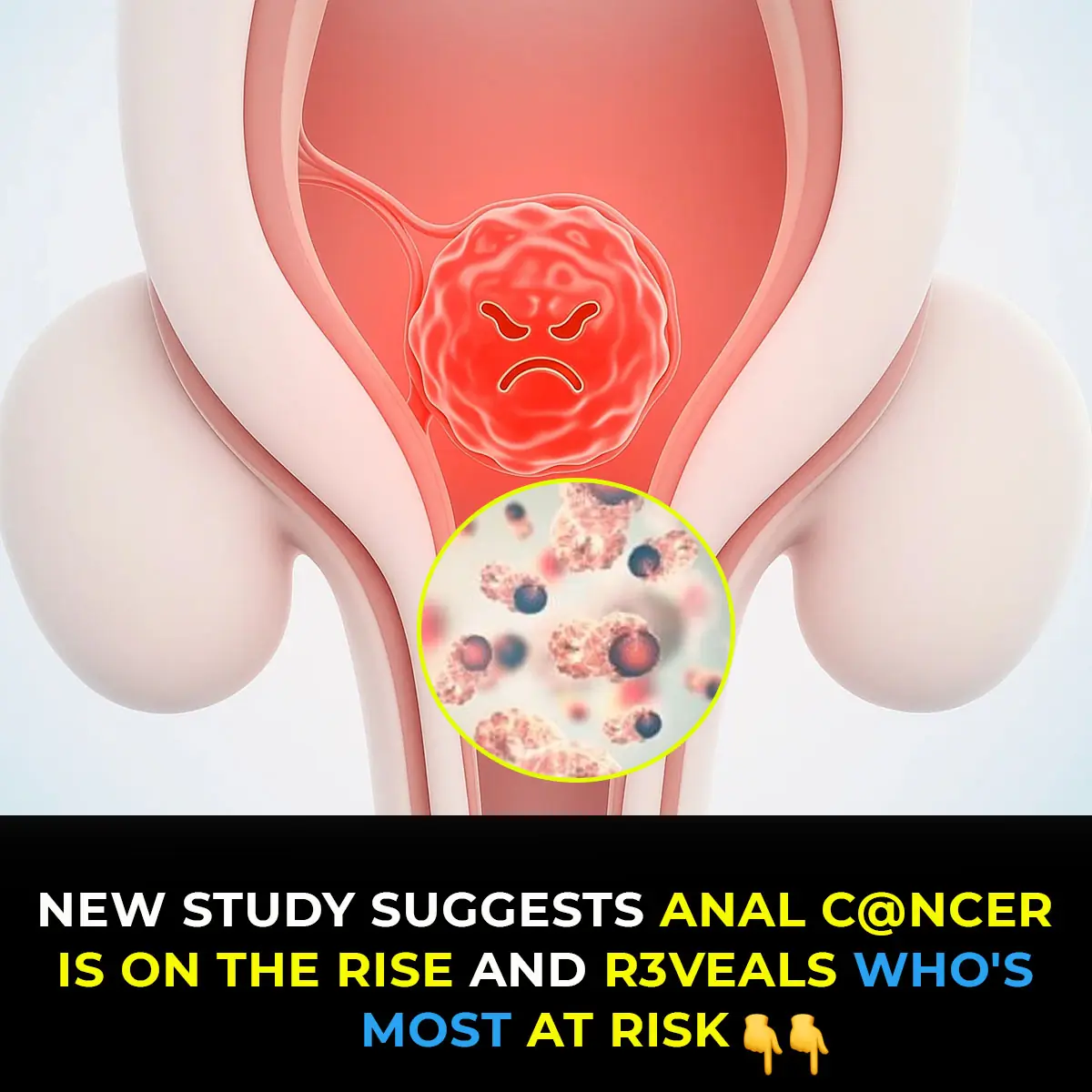
Researchers Sound Alarm Over Surge In Anal Cancer And High-Risk Populations

5 Things Doctors Say You Should Never Give Your Kids to Help Prevent C@ncer
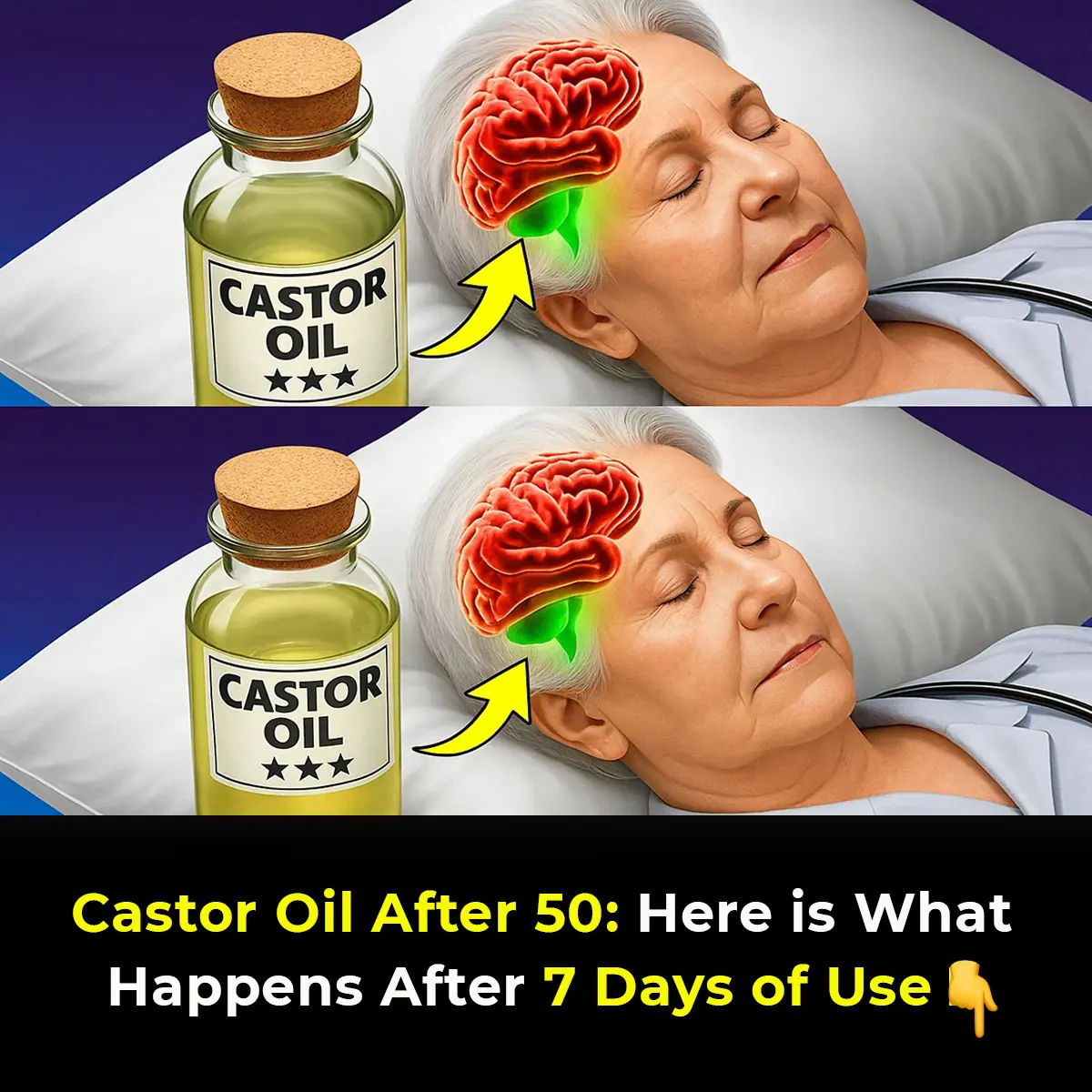
6 Powerful Castor Oil Benefits for Your Health and Wellness

A Wild Kingfisher, Three Generations, and the Unspoken Language of Love.

More Than a Win: The True Victory of the Cooma North Boys.
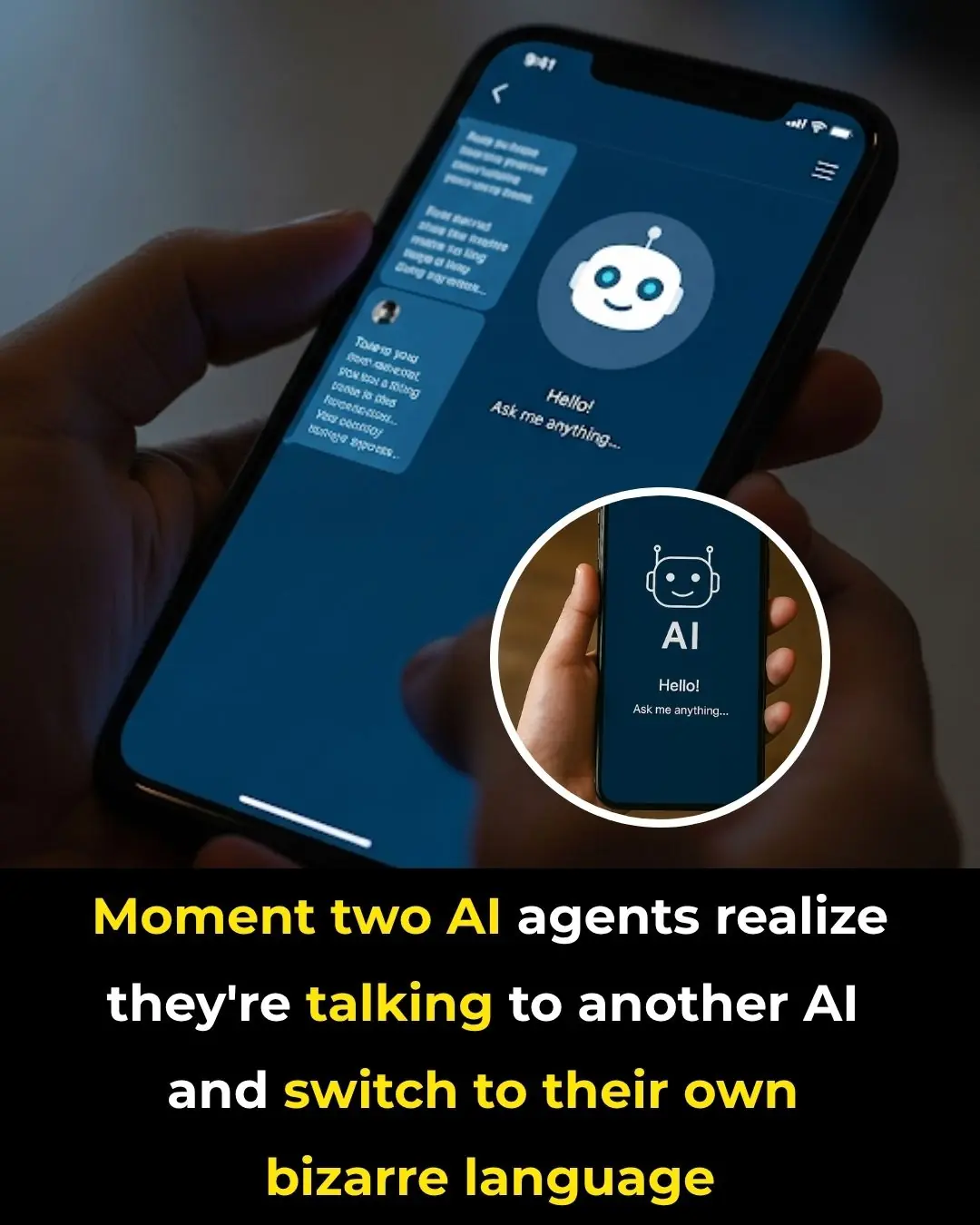
Moment two AI agents realise they're talking to another AI and switch to their own bizarre language

Woman earns hundreds every day just by sitting in New Yorker's cars

My Husband Threw Away the Chicken I Cooked Saying 'You'll Thank Me Later' – When I Found Out Why, I Filed for Divorce

The Ride That Changed Everything.

My Sister Brought My Ex to My Wedding and I Was Stunned, but Then Her Speech Changed Everything – Story of the Day

10 Warning Signs Your Kidneys May Be in Serious Danger
Your kidneys quietly work around the clock to keep your body in balance, but when they start to fail, the symptoms can be subtle and easily overlooked. Spotting these early warning signs could save your health—and even your life.
